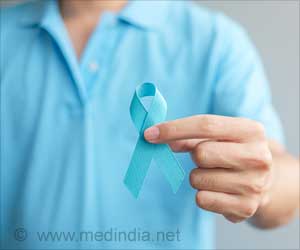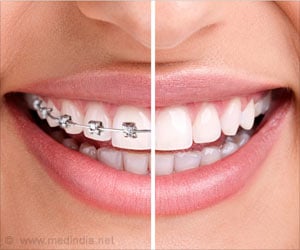, environmental factors, diet, other lifestyle choices, and issues related to access to healthcare and the disparities in health outcomes.
are more likely to develop prostate cancer than men who don’t. Researchers have suggested the strong associations between
could be due to milk’s fat, calcium, and hormone levels.
Other reasons for the link could be the negative impact on level, the increase in serum insulin-like growth factor I (IGF-I) concentrations, and the effect of male sex hormone level.
vitamin D >
In addition, research also reveals that dairy consumption following the diagnosis of prostate cancer may increase the risk of death.
A combined analysis of 32 observational studies published in 2015 found that for every 400 grams of dairy consumed there was a 7 percent increased risk of developing prostate cancer, and this risk applied to both milk and cheese.
Another research found that the risk of prostate cancer in men consuming more milk (almost one serving every day) was 37 percent higher compared to men consuming the least (defined as those who seldom had dairy, or once or twice a month).
Another Risk Factor
Consuming dairy products can increase the risk of prostate cancer, but the risk goes up in overweight men.
This happens because IGF-1 [insulin-like growth factor 1] stimulates cells to grow and is associated with an increased risk of cancer. Too much fat in the body also increases inflammation and growth hormone levels that drive cancer growth.
Swap to Soy
The best alternative for dairy products are fortified soy drinks and foods such as tofu, soy milk since studies show consumption of soy foods has been associated with a lower risk of prostate cancer.
One study that examined the impact of soy intake on prostate cancer progress shows a significant decrease in the prostate-specific antigen level compared to the control group.
Soy foods are associated with many health benefits, including lower cholesterol, better kidney, and bone health. In the case of diagnosed with prostate cancer, it may not be too late to see the positive impacts of soy foods.
Diet to Support Prostate Health
Several studies have shown that eating more plant-based foods can protect prostate health. Lycopene is the antioxidant present in fruits and vegetables that gives them a red color, is associated with a lower risk of prostate cancer. They also reduce the chances of dying from prostate cancer.
Other cruciferous vegetables like broccoli, kale, cabbage, and Brussel sprouts are also beneficial for prostate cancer prevention.
One study showed that men with prostate cancer who consumed more cruciferous vegetables had a 50 percent lower chance of cancer progressing than those men who ate the least.
A more recent study also demonstrated that a compound in cruciferous vegetables can activate genes that are implicated in suppressing the growth of prostate cancer cells.
Other Ways to Reduce Prostate Cancer Risk
There is no proven prostate cancer prevention strategy but making healthy choices can reduce the risk.
November month is dedicated to men’s health issues as part of a movement called Movember. During this awareness campaign, educate men about the connection between dairy and prostate cancer and make plant-based foods are part of a regular diet.
References :
- Can a healthy lifestyle reduce my risk of prostate cancer? – (https://prostatecanceruk.org/prostate-information/are-you-at-risk/can-i-reduce-my-risk)
- Dairy Product Consumption and Prostate Cancer Risk in the United States
– (https://www.ncbi.nlm.nih.gov/pmc/articles/PMC6683061/) - Milk and prostate cancer – how are they linked?
– (https://www.wcrf.org/milk-and-prostate-cancer-how-are-they-linked/) - Can milk and dairy products cause cancer?
– (https://www.cancerresearchuk.org/about-cancer/causes-of-cancer/cancer-myths/can-milk-and-dairy-products-cause-cancer)
Source: Medindia



